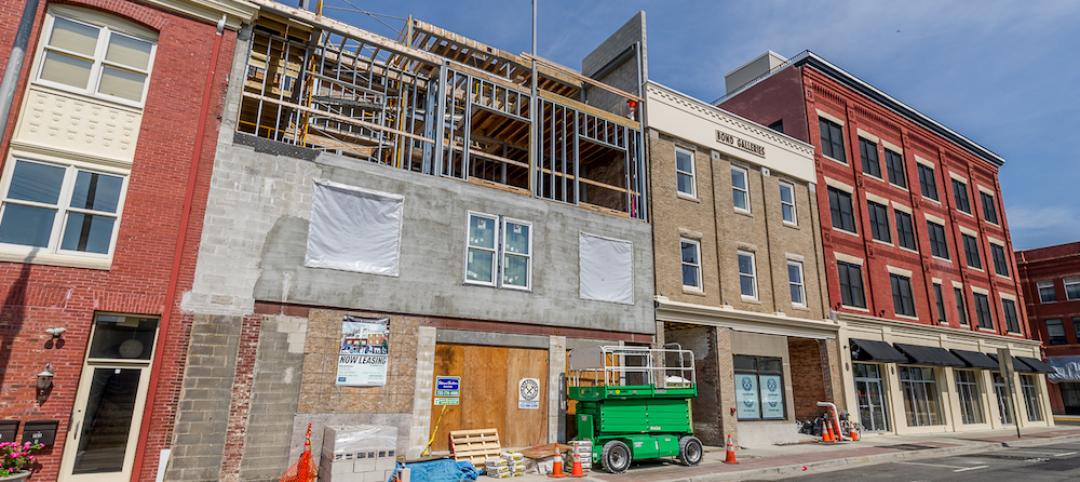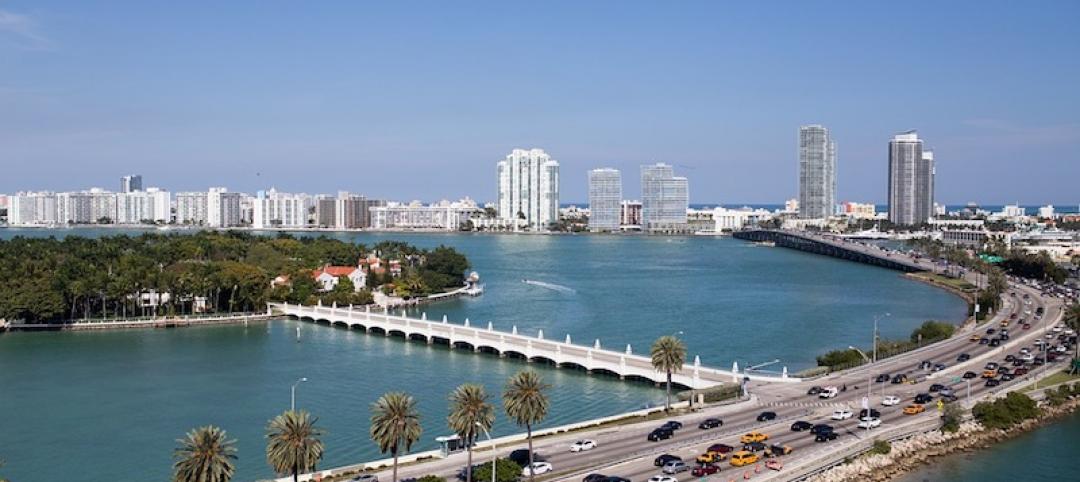In 2022, there have been nearly 200 fires and six deaths in New York City caused by lithium-ion batteries used in mobility devices such as electric bikes and scooters.
The New York City Council held a hearing last month to gauge the danger posed by poorly made, refurbished, or improperly charged batteries. The city currently limits five large lithium-ion batteries to a single residence.
Other cities including San Francisco also have experienced fires caused by lithium-ion batteries. Concerned over an uptick in fires, landlords in New York City such as Glenwood Management are reportedly considering bans on electric bikes and scooters.
If the batteries are damaged from being dropped or hit too hard, or are improperly stored or poorly manufactured, they can create excessive heat when being charged, resulting in a fire, according to a fire protection engineer at the National Fire Protection Association.
Related Stories
Concrete | Jun 13, 2016
American Concrete Institute releases new Guide to Shotcrete
Includes information on application procedures, testing.
Healthcare Facilities | Jun 10, 2016
Top 10 health technology hazards include some influenced by space design
ECRI Institute’s annual list includes operational and workflow issues.
Codes and Standards | Jun 9, 2016
Supreme Court ruling could aid developers on properties containing wetlands
Unanimous decision allows landowners to take regulatory decisions straight to court.
Green | Jun 8, 2016
TD Bank Group's renovated Toronto office is first WELL-Certified project under WELL v1
The newly renovated 25,000-sf space achieved gold-level status.
Concrete | Jun 7, 2016
Concrete Institute publishes document providing concrete curing guidance
New curing monitoring techniques included.
Energy | Jun 7, 2016
Energy modeling payback typically as short as one to two months
Energy modeling is a ‘no-brainer—like checking MPG on a car’
Green | Jun 2, 2016
USGBC offers new LEED pilot credit: Building Material Human Hazard and Exposure Assessment
For assessing human health-related exposure scenarios for construction products.
Resiliency | Jun 1, 2016
Federal agencies boost standards for more resilient construction
HUD, FEMA, GSA, Army Corps of Engineers make policy changes.
Green | May 31, 2016
Miami Beach requires developers to meet green standards or pay a fee
Applies to structures larger than 7,000 sf.
Codes and Standards | May 27, 2016
Better enforcement needed for successful implementation of energy efficiency policies
Commercial buildings the focus of recent code initiatives.
















